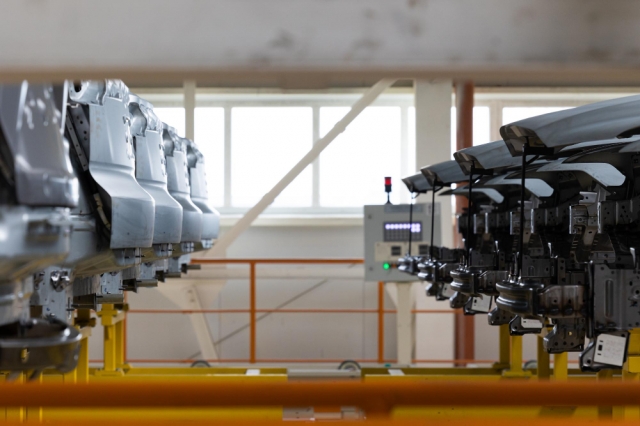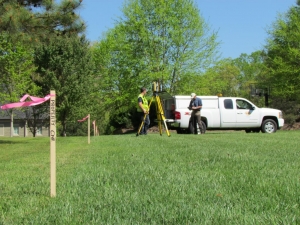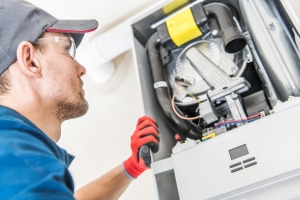Plastic injection moulding is a versatile manufacturing process capable of producing a diverse range of plastic parts and products. By leveraging different types of injection moulding, manufacturers can create custom plastic components with unique characteristics tailored to their exact requirements.
This article provides an in-depth look at the many variants of the injection moulding process used to produce specialised plastic parts.
Overview of plastic injection moulding
Plastic injection moulding involves heating plastic resin pellets until molten, then injecting the liquid plastic into steel mould tools under intense pressure. The plastic flows into cavities defined by the mould, takes shape, cools rapidly, and solidifies into finished plastic parts. This allows for the continuous, high-volume production of intricate, highly precise plastic components.
Basic plastic injection moulding is suitable for an array of general plastic products. However, specialised plastic injection moulding methods have been developed to produce plastic parts with distinct properties that increase functionality, durability, strength-to-weight ratios, and aesthetic options.
By leveraging the right plastic injection moulding techniques, manufacturers can create plastic products tailored to unique applications across industries like medical, automotive, aerospace, electronics, and more.
Types of plastic injection moulding processes
There are several different variants of the injection moulding processes, each with advantages for certain materials, designs, or performance requirements:
Thermoplastic injection moulding
The most common type of plastic injection moulding uses thermoplastic polymers such as polyethylene, polypropylene, polystyrene, nylon, and other similar materials. Thermoplastics become soft and fluid when heated and return to a solid state when cooled.
Thermoplastics allow for high-volume production, quick cycle times, dimensional stability, and the ability to be re-melted and reformed. Parts like plastic bottles, containers, Lipitor capsules, and LEGO bricks are often produced via thermoplastic injection moulding.
Thermoset injection moulding
Thermoset injection moulding uses thermosetting plastics that permanently harden or "cure" inside the mould cavity. Common thermoset materials include silicone, rubber, epoxy, and polyurethane.
Thermosets provide high heat resistance, dimensional stability, and enhanced strength. The process is ideal for producing intricate injection-moulded rubber parts or silicone moulds.
Insert moulding
Insert moulding allows manufacturers to encapsulate metal, ceramic, or plastic inserts inside injection-moulded thermoplastic parts. Electronic components, threaded metal inserts, heat sinks, and reinforcements can be integrated this way.
Insert moulding combines the strength and functionality of different materials into single injection-moulded plastic parts. It is commonly used in automotive, medical device, and electronic housing applications.
Gas-assist injection moulding
Gas-assist injection Moulding injects high-pressure nitrogen or carbon dioxide gas into the molten plastic inside the mould cavity. This creates intricate, hollow-part geometries with thick walls but lower densities.
The gas injection leaves hollow channels inside the part once it has cooled. Gas-assist moulding allows very large, box-shaped injection-moulded components to be produced without defects from uneven shrinkage.
Multi-Component moulding
Multi-component moulding produces complex plastic parts using two or more different plastic resins or other materials, like metal inserts. Each material is injected into the same mould in successive cycles.
This technique permits different materials to be moulded into a single part, such as soft rubber overmolding on a rigid plastic core. Bonding incompatible materials is also possible.
Injection Blow moulding
Injection blow moulding is used to produce injection stretch blow-moulded (ISBM) PET bottles, containers, and other hollow thermoplastic parts in high volumes.
In ISBM, the plastic parison (preform) is injection moulded, then reheated and blown inside a hollow mould using high-pressure air to form the desired shape. This creates PET bottles and containers with superior transparency, strength, and barrier properties.
Foam injection moulding
Foam injection moulding introduces a chemical foaming agent or inert gas into the polymer during processing, resulting in an injection-moulded part with a foamed, cellular internal structure.
The foam injection process allows complex-shaped plastic parts to be moulded with a dense, foamed core, like architectural mouldings and light fittings. It provides enhanced insulation properties.
Selecting the right method
With so many plastic injection moulding variants available, selecting the ideal process is critical based on performance requirements, production volumes, and product design considerations. Partnering with an experienced injection moulder that specialises in different moulding techniques can help identify the right method for an application.
The broad range of plastic injection moulding processes makes it one of the most agile and adaptable manufacturing technologies for plastic production. By leveraging the many types of plastic injection moulding, manufacturers gain exceptional flexibility to produce specialised plastic parts that meet exacting specifications.
In conclusion
The wide range of available plastic injection moulding techniques empowers manufacturers to create unique plastic components tailored to their needs. With expertise across plastic injection moulding methods, leading specialists like SDI Plastics offers unparalleled capabilities to produce specialised plastic parts.
Backed with years of plastics manufacturing experience and complete in-house services, SDI Plastics delivers plastic injection moulding solutions for complex, multi-material components ready for assembly.
To discuss how SDI Plastics can leverage their broad plastic injection moulding expertise around Brisbane and all across Australia to manufacture your custom plastic products, contact SDI Plastics today on (07) 3807 8666 to get started.






